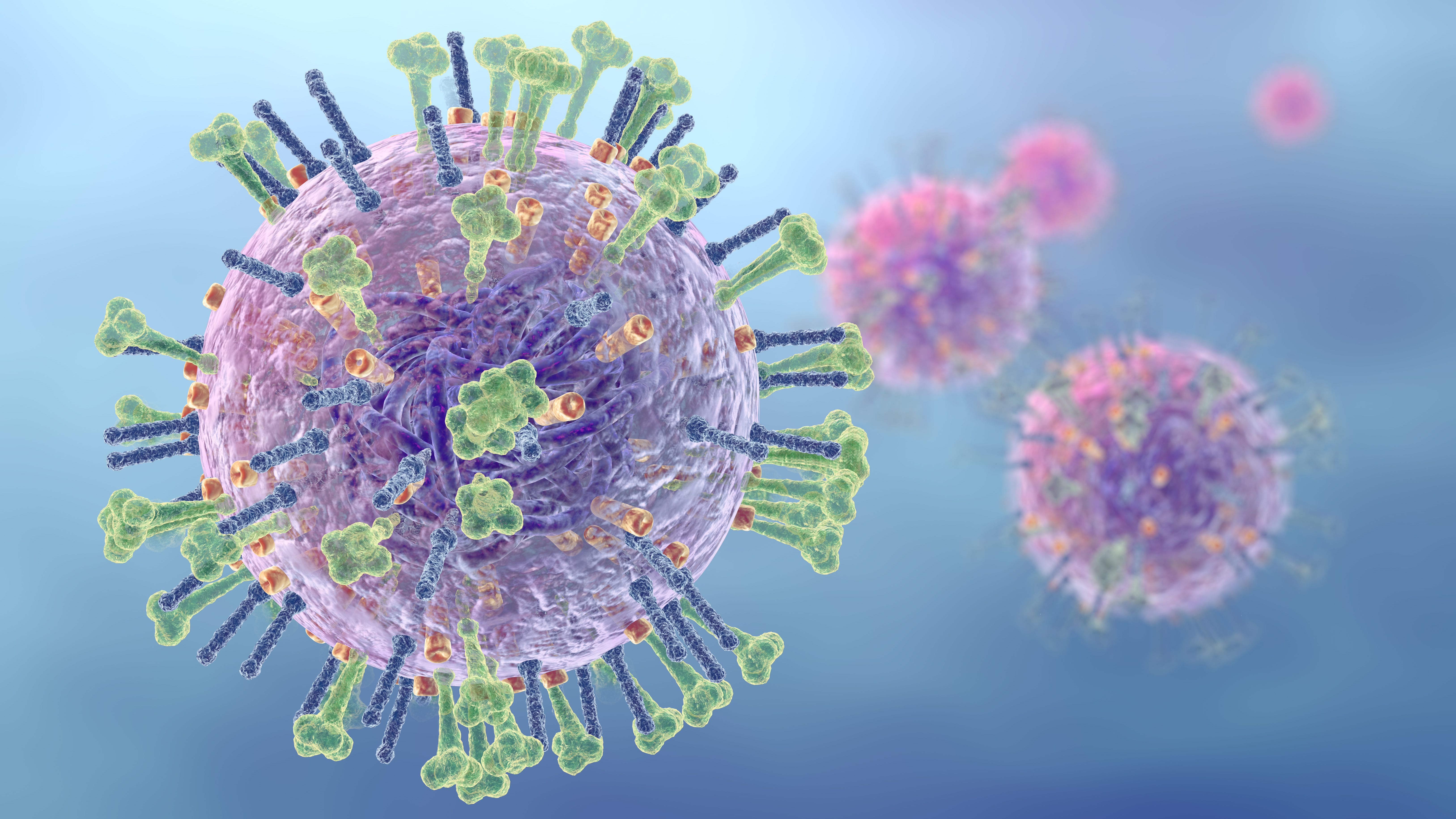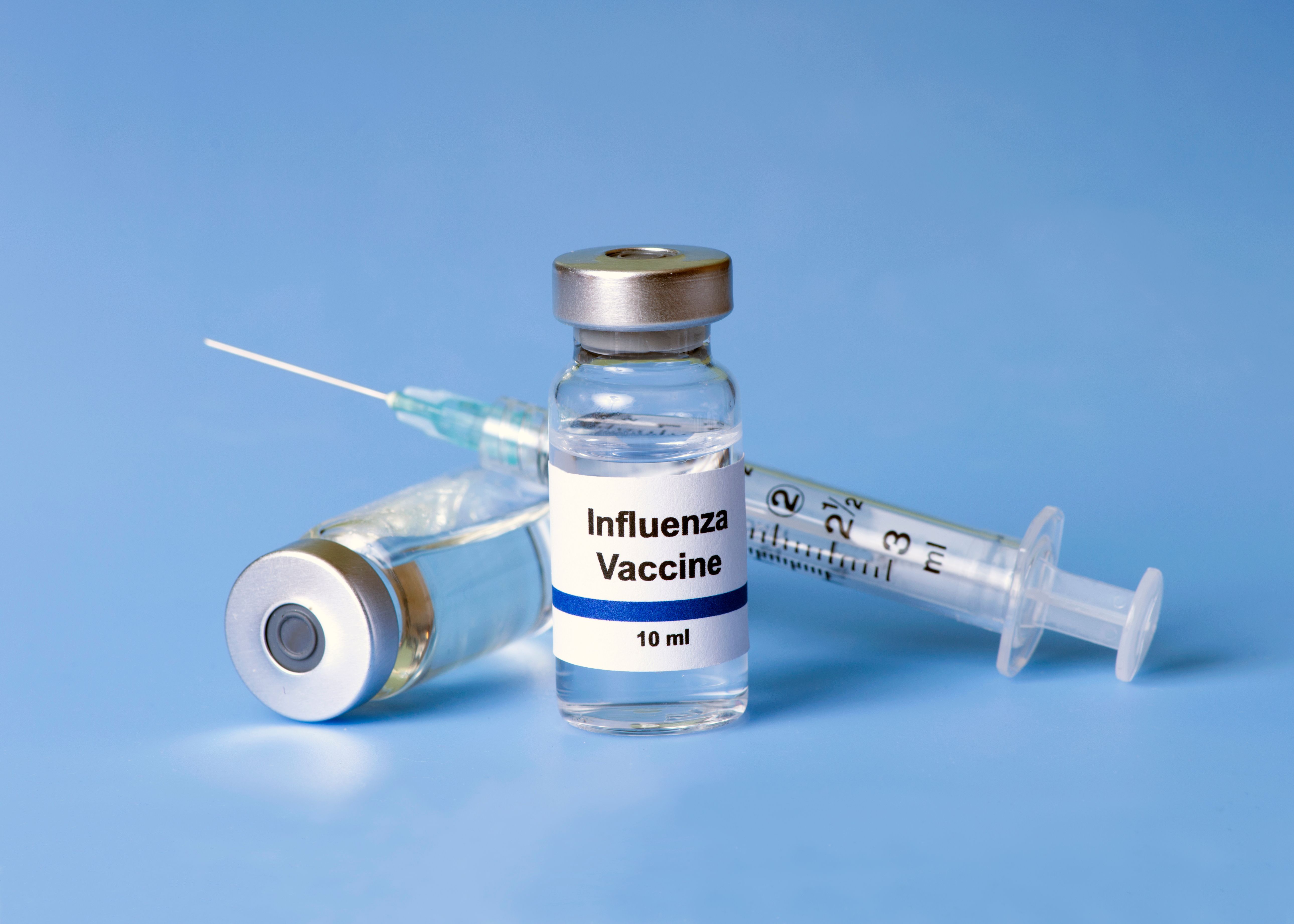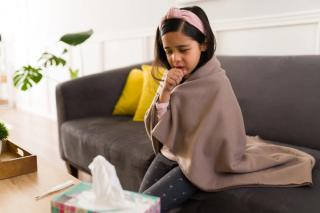
Influenza
Latest News
Latest Videos
CME Content
More News

Compared to clinician nudges alone, higher receipt of influenza vaccination among children with special risk medical conditions (SRMCs) was observed when their respective parents received an additional short message service (SMS) reminder.
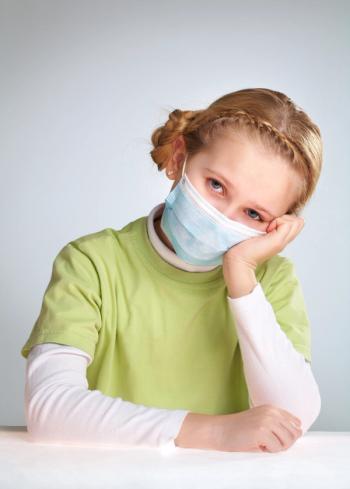
As we head into cold and flu season, researchers try to answer the question of what physical interventions are best for infection prevention.

A new study notes that coinfections, amongst other issues, can complicate diagnosis and management of respiratory infections in children.
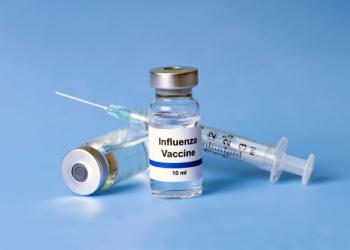
Standout updates include a relaxed recommendation for patients with a history of egg allergies, and that all available influenza vaccines for the 2023 to 2024 flu season are quadrivalent.

Besides its influenza pipeline, mRNA technology is helping this pharmaceutical company create a number of new vaccines for cancer, rare diseases, and infectious diseases.

Previously available under an Emergency Use Authorization, the combination test can detect and distinguish COVID-19, influenza A/B, and respiratory syncytial virus (RSV). The clearance comes ahead of respiratory season, which, according to BD, could result in another “tripledemic” threat.

Influenza vaccination is especially crucial among children and adolescents with chronic medical conditions that put them at high risk for severe outcomes.

In a report from the Centers for Disease Control and Prevention, it was shown that symptoms and hospitalizations associated with influenza this season are higher among children than adults.

Stay on the nice list with these tips to help stop the spread of winter respiratory viruses.

New surveillance data from the 2021-22 influenza show the impact of coinfection among younger patients.

In a recent study, infants born from mothers vaccinated against influenza were less likely to be hospitalized from the disease than those born to unvaccinated mothers.

Tell your patients to get their annual flu vaccines for best protection against illness.
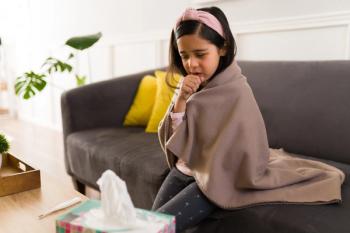
Tina Q. Tan, MD, FAAP, FIDSA, FPIDS, discussed the potential threat of a “triple epidemic” of RSV, influenza, and COVID-19, and how pediatricians can identify these viruses in their communities.
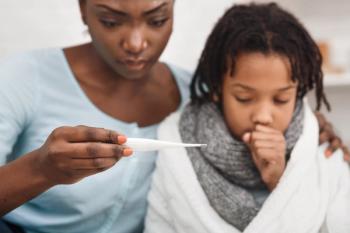
In 2022, Chile saw an influenza season with atypical timing and severity, indicating similar cases may occur in regions such as the United States.

Deborah Molrine, MD, Clinical Program Director, QIVc at CSL Seqirus, discusses CSL Seqirus’ cell-based quadrivalent seasonal influenza vaccine, along with the effectiveness of cell-based vaccines in children.

In a recent report, the American Academy of Pediatrics discussed how influenza affects children and how it can be prevented.
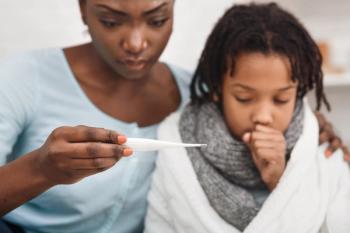
Hospitalized children treated with early oseltamivir (Tamiflu, Gilead Sciences) for influenza had a shorter stay and were less likely to be transferred to an intensive care unit or require other treatment.

In a recent study, researchers found that text message reminders led to increased influenza vaccination rates, along with many receiving the vaccine sooner.

The American Academy of Pediatrics (AAP) has issued its recommendations for the upcoming influenza season, including guidance on administering the vaccine to patients with COVID-19.
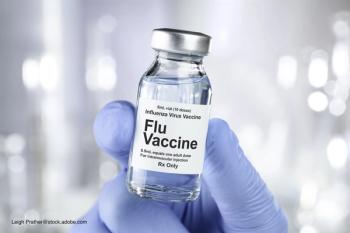
How medical practices can create effective vaccination programs for the months ahead

Patient portals can be a powerful communication tool for both clinician and family, but can they also be used to improve uptake of the annual influenza vaccine?

Many pregnant women are given the season influenza vaccination to provide protection for both mother and child. A study examines whether this vaccination is linked to adverse health outcomes in childhood.

As the 2020-2021 influenza season loomed, many in health care worried that the seasonal disease would add to the extraordinary burden of coronavirus disease 2019 and create a perfect storm. Have various prevention strategies helped prevent this potential issue?

Improving influenza vaccination coverage is important for all children, but some are at greater risk for poorer outcomes. A review examines whether interventions can improve vaccine coverage.

A report examines if the influenza and pneumococcal vaccine has a protective effect against COVID-19.


